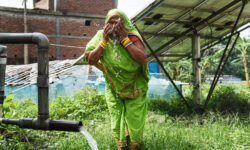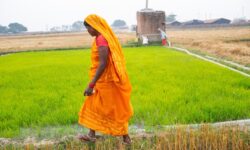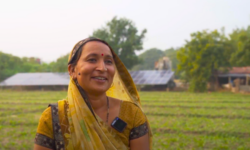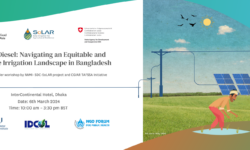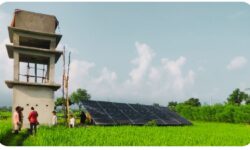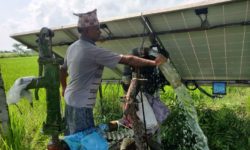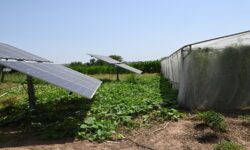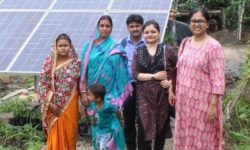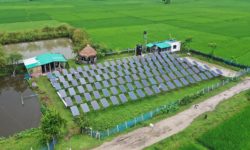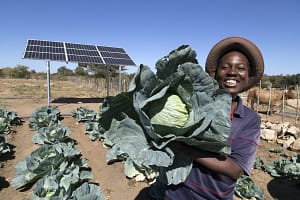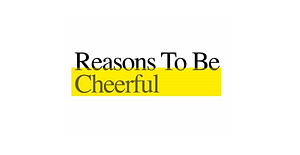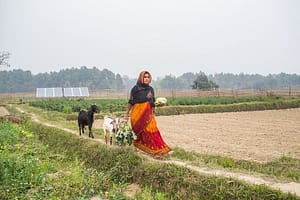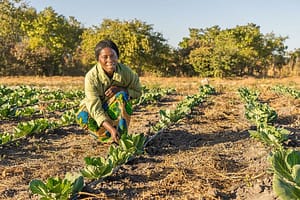Promoting sustainable agriculture through feed-in tariff policy in Pakistan: Solar irrigation pumping for enhanced crop diversification
Access full document Abstract This project brief highlights sustainable irrigation methods along with the potential benefits of promoting solar-powered irrigation systems in Punjab, Pakistan. To promote the broad adoption of ecologically sustainable farming methods, the brief stresses the need to create a legislative framework that gives suitable incentives to farmers…

